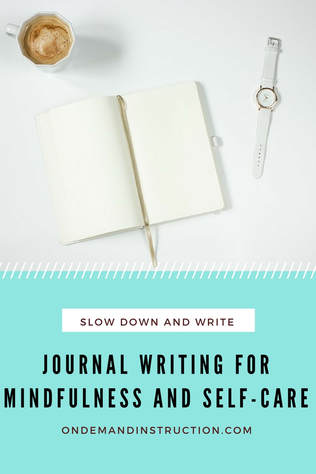
As writers, we look at the upcoming twelve months with a combination of panic and excited anticipation. It is a bit like being a little kid before Christmas, when you were ecstatic at the possibility of opening the perfect combination of toys but also anxious that your parents would revert to socks and underwear because “you need them.”
The fear was as real now as it was then. As we look into the future, we can plan our upcoming days by setting writing goals. We are likely to reach our writing goals if we follow a process that breaks down goal setting into a series of steps rather than leaving our goal at the end of a nebulous road and assuming our only job is to stumble upon it. Today, we panic over the prospect of achieving our writing goals and landing some recognition almost as much as we dread writing naught a word in the coming year and failing terribly at our writing goals. Writing is hard work. Period. To achieve a year’s worth of writing goals requires not a small amount of organization, and the better job we do setting our goals, the more likely we are to achieve them. Start by Looking Backwards |
About the SiteWelcome, Writers! Archives
September 2023
|









 RSS Feed
RSS Feed